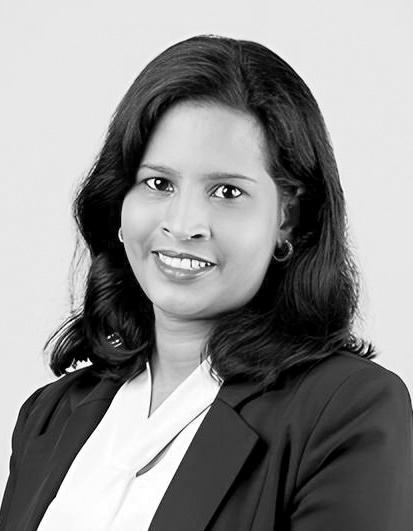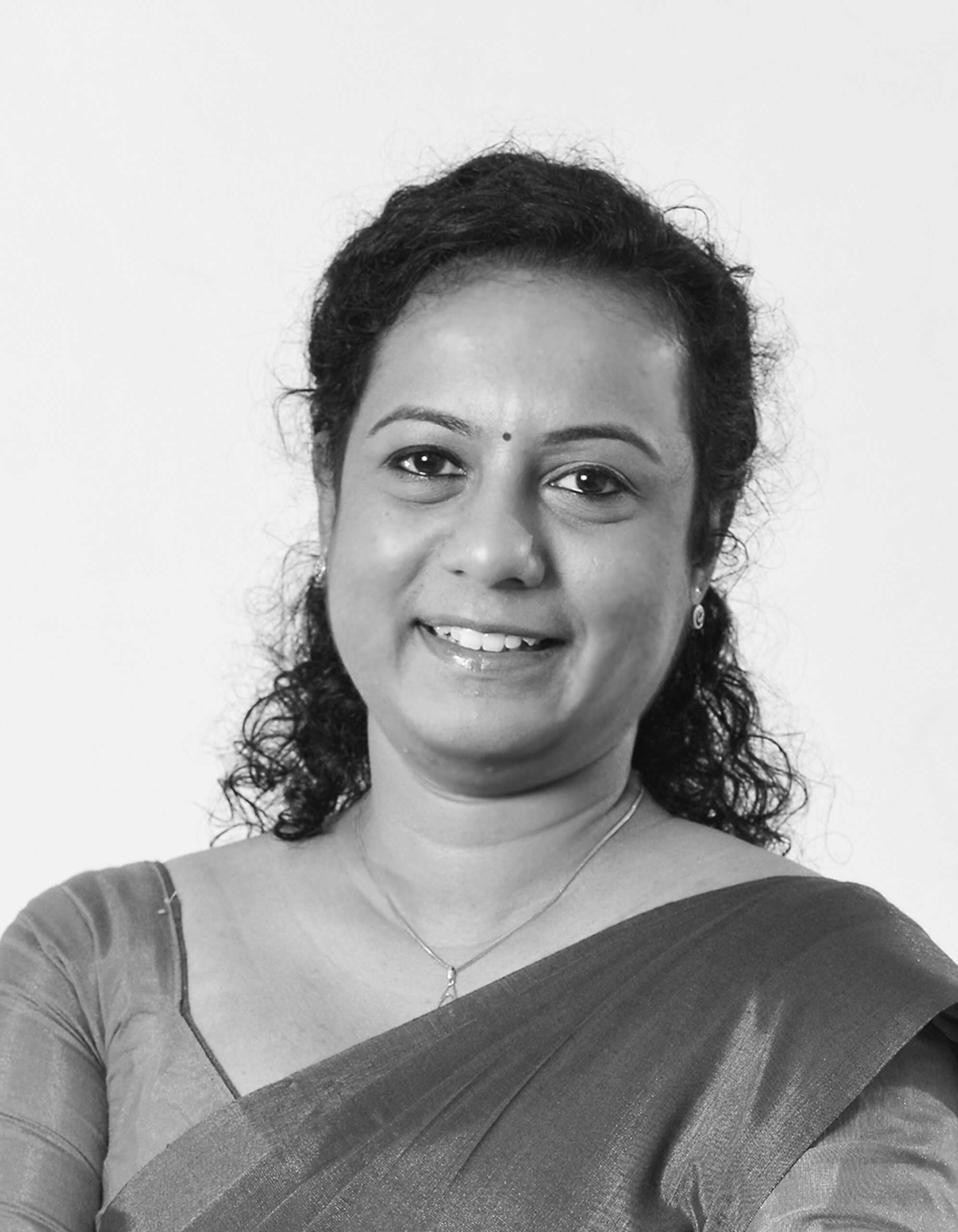Note : Full papers of the 2023 Conference can be read here.
 |
 |
| Ms. Shalini Kaduwela Senior Lecturer, APIIT shalinikaduwela@gmail.com |
Ms. Abarnah Kirupananda Senior Lecturer, Business School, Informatics Institute of Technology. abarnah.k@iit.ac.lk |
| Use of FouRe’s method to develop paraphrase building skill in higher education students.
The paper focused on a method and a series of activities I used in my English for Academic Purposes (EAP) class to teach paraphrasing skills. I had been teaching paraphrasing for several years in the Foundation and Undergraduate programmes and had not seen the students using paraphrasing skills effectively. I assumed that the steps I taught the students to write a paraphrase could have been complicated, thereby confusing them. This made me research about changing my teaching style which led me to an easy four step method (Reword/Rearrange/Realize/Recheck) for paraphrasing, followed by a series of group and individual activities to support the students in remembering the principles of paraphrasing. The students realized that they require to use their own words, phrases, and sentence structures as they rephrased song lyrics, matched original and paraphrased material and completed group paraphrasing tasks. The outcome of the new method and activities was more effective and successful; with the final paraphrases of the current students being better than those by previous students. I strongly encourage and recommend my colleagues and students to follow this technique as it is simple and enjoyable. Based on SLAIHEE’s theme for 2023, ‘Outcome-based higher education for developing knowledge-based procedures in students’, and having worked on the above paper, I realized the importance of focusing on the outcome to develop my students’ knowledge-based skills to enhance their academic skills. |
Encouraging development of peer learning skill through in-class activities to enhance student learning experience and interactions
Peer to peer learning is where the students learn from each other in addition to what is taught by the teacher. This method is efficient, and it enables students to take ownership, increase self-confidence and help learn from the experience, knowledge and skills of others. Generally, when students join the university, they have very few friends and they also try to network only with people they knew previously. I also noticed that they worked in silos, missing out on valuable opportunities for peer learning. As students are reluctant to talk with others in class, I planned to introduce activities in class to promote peer learning. I decided to do this in a scaffolded manner so that they will be able to adapt to this new concept. I divided the students into small groups, and gave them topics to teach each other. The jigsaw method and group presentations were used as activities in this intervention. Even though there was reluctance among the students initially, they eventually got motivated to collaborate with their peers, embracing the concept of peer learning. As peer learning should be promoted among students, I believe it is necessary we identify the correct technique and implement this in class for students to practice. We should start with less ‘risky’ activities and gradually move to more ‘risky’ activities. By consistently practicing peer learning in the class environment, we can establish it as a habit for students, creating a positive and collaborative learning atmosphere. This not only enhances their academic experience but also prepares them for effective teamwork in future endeavors. |
